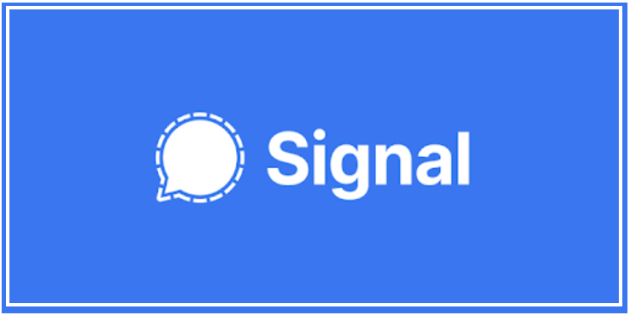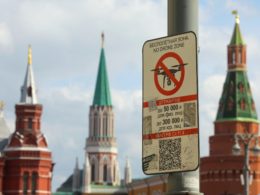According to a UK Defense Ministry intelligence update dated 19 August, Russia's ban on the encrypted messaging app Signal, officially cited as preventing extremism, is likely aimed at restricting independent journalists and opposition communication rather than curbing information about the Ukrainian incursion into Kursk oblast.
Putin's Russia enforces stringent censorship policies, controlling media, literature, and online platforms to suppress dissent and limit information, often under the guise of national security and traditional values.
The ministry wrote:
- On 09 August 2024, Russian media reported that the Russian Federal telecommunications regulator Roskomnadzor has blocked the encrypted messaging app Signal from use in the country. The official justification is that this is to 'prevent the use of the messenger for extremist or terrorist purposes.'
- Some commentators have suggested that the ban is intended to prevent the spread of information about the Ukrainian incursion into Kursk oblast, but this is highly unlikely.
- Signal is used by many independent Russian journalists and opposition activists to evade the Russian government’s pervasive system of electronic monitoring, most notably the FSB’s System of Operational Investigative Measures (SORM). In this context, the restriction on Telegram is likely intended to increase the ability of the Russian authorities to monitor and restrict the communications of private citizens hostile to the regime.
- This comes at a time when the Russian Government is proscribing independent media organizations, and disrupting YouTube and the messaging service WhatsApp; measures intended to increase government control over access to media and information in Russia.
Putin's Russia implements extensive censorship across media, literature, cinema, and the internet, officially justified as protecting national security and preserving traditional values. These censorship policies are used to suppress dissent, control artistic expression, and limit public access to information that challenges the state's narrative.
Despite the constitutional prohibition of censorship, the Russian government, through agencies like Roskomnadzor, actively restricts independent journalism and punishes those who disseminate information contradicting the Kremlin's stance, especially on sensitive issues like Russia's invasion of Ukraine.
Related:
- UK intel: Russia tightens grip on digital communications, targets WhatsApp and YouTube
- Official Kremlin admits it’s “in a state of war” with Ukraine for first time
- UK intel: Kremlin disrupts Russians’ access to VPNs to control domestic information
- YouTube blocks channels of pro-Russian artists sanctioned by EU
- Popularity of Ukraine’s YouTube journalism overtakes pro-Russian TV




